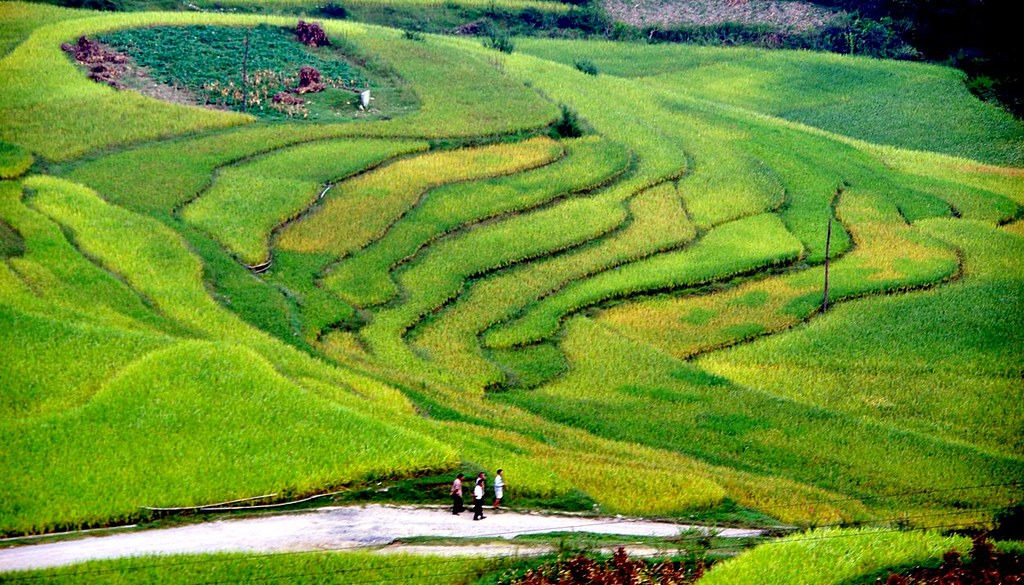
- Diese Veranstaltung hat bereits stattgefunden.
Lecture Series: China’s Green Transformation: Eva Sternfeld (Sino-German Agricultural Centre) „Transforming China’s Agriculture and Food Sector – On path to sustainability?“
Mai 6, 2019, 16:00 - 18:00
Abstract:
China  needs to feed about one fifth of the world population but has only 7 percent of world’s arable land. Ensuring food security has been always a challenge and agricultural intensification has been the program for decades. Since the 1970s technological developments such as mechanization, biotechnology and agrochemicals helped to achieve enormous increases in agricultural productivity.
needs to feed about one fifth of the world population but has only 7 percent of world’s arable land. Ensuring food security has been always a challenge and agricultural intensification has been the program for decades. Since the 1970s technological developments such as mechanization, biotechnology and agrochemicals helped to achieve enormous increases in agricultural productivity.
However, the so called “green revolution” is reaching its limits. In recent years the sector has been in the spot light for food safety scandals and ecosystem degradation. China’s government tries tackle these problems with a series of new policies and action plans. The presentation looks at the challenges China’s agricultural and food sector is confronted with and introduces recent strategies for sustainable agriculture.
Short CV:
Eva Sternfeld is science advisor at Sino-German agricultural Center (DCZ) in Beijing, a joint initiative of the German Federal Ministry of Food and Agriculture (BMEL) and the Ministry of Agriculture and Rural Affairs of the People’s Republic of China (MARA).
Prior to working with DCZ, Eva Sternfeld was a visiting professor at the Institute for East Asian Studies at Freie Universität Berlin and head of the Center for Cultural Studies on Science and Technology in China of TU Berlin. Between 2000 and 2008 she has been working as a foreign advisor for the Center of Environmental Education and Communication of the Chinese Ministry of Environmental Protection in Beijing. She has widely published on issues related to urban/rural development and water management in China. Recent publications include the edition of the Routledge Handbook on Environmental Policy in China (2017).
Image: Eric, Train journey from Guiyang to Zhenyuan 37, CC BY-SA 2.0., https://flic.kr/p/bq2CNn
Details
- Datum:
- Mai 6, 2019
- Zeit:
-
16:00 - 18:00
- Veranstaltungskategorie:
- Akademische Veranstaltungen
Veranstaltungsort
- Kulturwissenschaftliches Zentrum KWZ 0.603
-
Heinrich-Düker-Weg 14
37073 Göttingen Google Karte anzeigen




